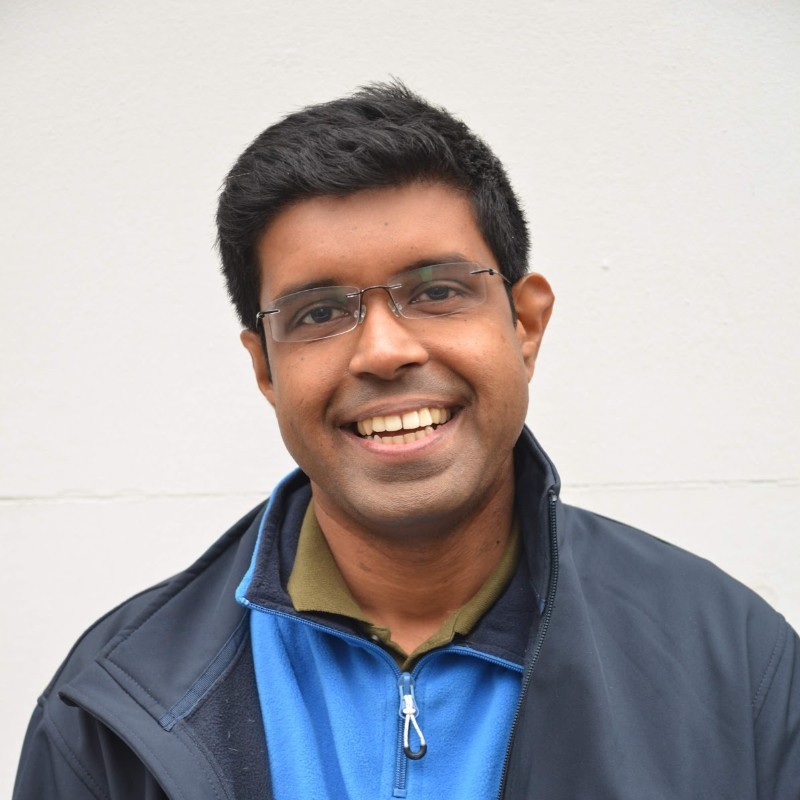How does the movie buff make sure they’re in complete darkness while watching a movie? By unscrewing all the lightbulbs!
Going to the movies is an experience that requires preparation, focus, and a dedicated time commitment. From checking the movie ratings (I tend to avoid full reviews as they spoil the experience for me!), putting our phones in silent mode and so on; we go to great lengths to ensure that our movie-going experience is uninterrupted and enjoyable. But what if we applied this same level of attention to work (this also applies to a personal project or your university dissertation)?
We often find ourselves rushing from one task to the next, constantly distracted by Slack notifications (or emails), and struggling to maintain focus for extended periods of time. But imagine if, like a trip to the cinema, we approached work with intentional preparation and a clear plan for how to spend our time.
Before we start our day, we could take the time to review our to-do list, prioritize tasks, and mentally prepare for the day ahead. During the day, we could structure our time into focused work sessions, similar to the way we dedicate two hours to watching a movie. This could involve taking breaks in between work sessions for food, exercise, or just to stretch our legs, but during the dedicated work sessions, we would be fully focused on the task at hand. I even make sure that I use the restroom before a specific work session (sorry - if that’s TMI).
By treating work like a trip to the cinema, we can achieve greater productivity, reduce distractions, and improve our overall experience. By focusing on one task at a time, we can minimize the risk of burnout, increase our level of engagement, and achieve better results.
This can also be an effective way to approach work. By focusing, and by having a structured plan, we can improve our productivity and enjoy our work experience.
So, let’s make the most of our time at work, just like we do when we’re enjoying a good movie.
What are the learnings?
Your job may require you to be reachable through communication tools like Slack or Teams - or to be in meetings. However, you can still carve out some time each day for uninterrupted work. I’ve been trying this for a year, aiming for 2 hours a day, and hope to increase it this year. Although there were some days when I wasn’t able to get the full 2 hours, I found that the more you defend your dedicated time, the more productive you become.
Research and planning: Before starting, it is important to research and plan. This allows you to focus on high priority tasks first.
Setting aside dedicated time: Structuring your workday into focused work sessions and having dedicated time is crucial.
Minimizing distractions: In a movie theater, we turn off our phones and avoid other distractions so that we can focus on the movie. The same principle applies to work, where minimizing distractions and focusing on one task at a time can improve productivity. I know friends, who are working from home, stop work at 3 PM as their kids come home from school, and they want to spend quality time with them (and the house becomes a bit too noisy). They carve out early morning and late night work sessions to make up for this time and be productive.
Taking breaks: It’s important to take breaks in between to recharge and refocus. This could involve getting up from your desk, taking a walk, or having a snack.
Further reading
Here are some additional reading materials you might find useful:
“Deep Work” by Cal Newport: The importance of deep work and how to cultivate the ability to focus and produce quality work, free from distractions is explored in detail.
“The Pomodoro Technique - The Acclaimed Time-Management System That Has Transformed How We Work” by Francesco Cirillo: Pomodoro Technique, which involves structuring work into focused 25-minute intervals - similar to the way a movie is essentially a two-hour segment.
“The Power of Full Engagement - Managing Energy, Not Time, Is the Key to High Performance and Personal Renewal” by Jim Loehr: Idea of energy management, using techniques such as structured breaks, to increase productivity and focus is explored in this book. Please note that I haven’t found a later edition than the one from 2005. Our ways of working have changed - hence, this wouldn’t be my first choice. However, it is still worth reading to explore the concept of energy management.
